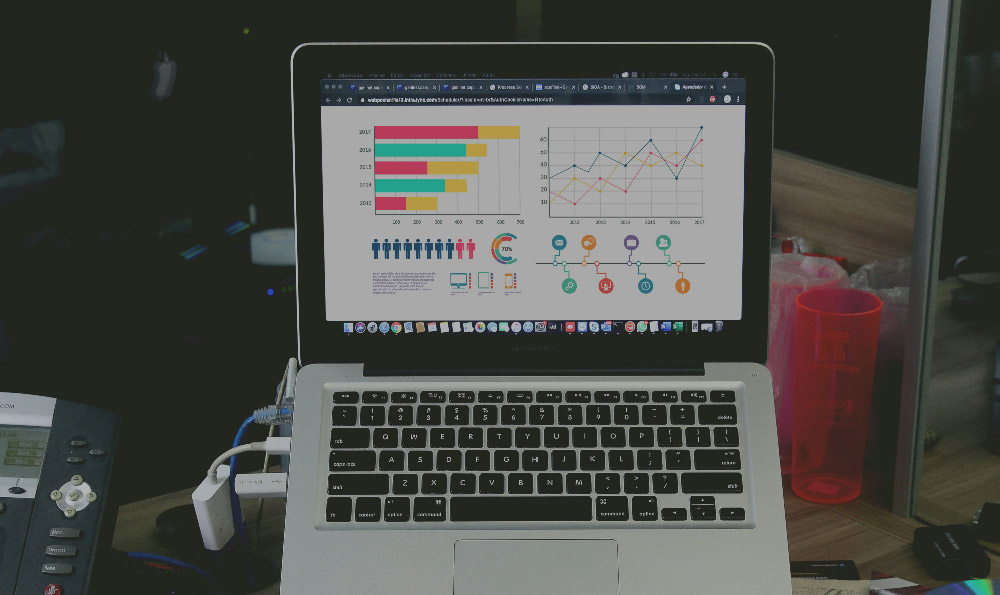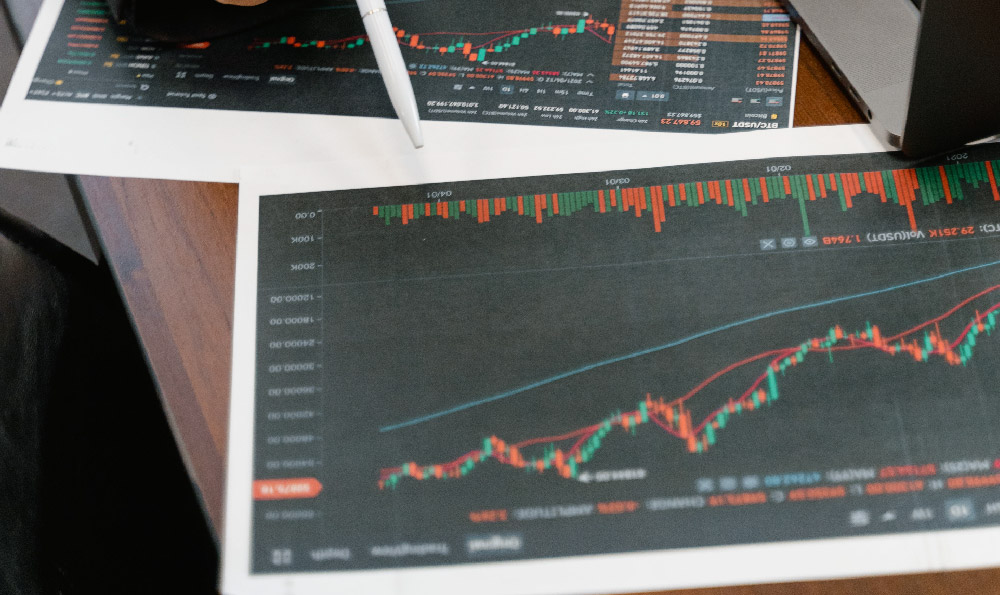How Much Money Do Podcasts Make? Can You Profit on Spotify?

The world of podcasting has exploded in popularity in recent years, attracting creators from all walks of life, all vying for a piece of the digital audio pie. It's natural to wonder, then, just how much money podcasts actually make, and whether platforms like Spotify offer a viable path to profitability. The answer, as with most investment ventures, is complex and nuanced, heavily dependent on factors like audience size, content quality, monetization strategies, and plain old luck.
Let's first address the elephant in the room: not all podcasts are created equal, and consequently, not all podcasts are profitable. The vast majority, in fact, struggle to generate significant revenue. Think of the long tail of content – millions of podcasts exist, but only a tiny fraction command a large and engaged audience that attracts advertisers and sponsors. Making a substantial income requires dedication, consistent quality content, a strong marketing strategy, and a bit of patience.
So, where does the money come from? Several avenues contribute to podcast revenue. The most common is advertising. Podcast advertising typically operates on a CPM (cost per mille) model, meaning the advertiser pays a certain amount for every thousand impressions (downloads or listens) of the ad. CPM rates vary significantly based on the podcast's niche, audience demographics, and the ad placement (pre-roll, mid-roll, or post-roll). A niche podcast targeting affluent professionals, for example, might command a higher CPM than a general interest podcast with a broader audience. The specific number depends on your negotiation skills, the ad network you are using, and the perceived value of your audience to the advertiser. Building a loyal and engaged audience is paramount, as advertisers are drawn to podcasts with a proven track record of listener retention and engagement.

Sponsorships are another significant revenue stream. Instead of simply running ads, sponsors often form deeper relationships with podcasts, integrating their brand directly into the content. This can take the form of sponsored segments, product reviews, or even entire episodes dedicated to the sponsor's offerings. Securing sponsorships often requires a proactive outreach strategy, demonstrating the value your podcast can bring to the sponsor's brand. Building relationships with companies in your niche and showcasing your audience demographics are critical steps.
Then there's the direct-to-fan monetization model. This includes options like crowdfunding platforms (Patreon, Kickstarter), where listeners pledge monthly or per-episode contributions in exchange for exclusive content, early access, or other perks. It also includes selling merchandise (t-shirts, mugs, etc.) branded with the podcast's logo or catchphrases, and offering online courses or workshops related to the podcast's topic. This approach requires building a strong and dedicated community around your podcast and offering tangible value that listeners are willing to pay for. Building that community takes time, effort, and a genuine connection with your audience.
Now, let's specifically address Spotify. Spotify has made significant investments in podcasting, not only hosting millions of shows but also acquiring podcast production companies and creating its own original content. While Spotify doesn't directly pay podcasters for downloads (unlike music streaming royalties), it offers several ways to potentially generate revenue through the platform.
Spotify has its own advertising platform, Spotify Audience Network (SPAN), which allows podcasters to monetize their content through dynamically inserted ads. Spotify inserts the ads into your podcast episode, and you get a revenue cut. However, eligibility for SPAN often depends on factors like audience size and content quality. The more listeners you have on Spotify, the more attractive your podcast becomes to advertisers within the SPAN network.
Beyond SPAN, Spotify is increasingly focused on connecting podcasters with brands for sponsorships and other partnerships. By leveraging its extensive data and audience insights, Spotify can match podcasters with relevant advertisers, potentially unlocking significant revenue opportunities. Spotify also allows creators to link their Patreon or other donation platforms directly within their podcast listing, making it easier for listeners to support their favorite shows.
Spotify has also implemented podcast subscriptions, allowing creators to offer exclusive content or ad-free listening experiences to paying subscribers. This provides a direct revenue stream from dedicated fans and can be a lucrative option for podcasts with a loyal following. Determining the right price point and the value proposition of your subscription offering is essential for success.
However, it's important to recognize that Spotify's podcasting ecosystem is still evolving, and the monetization landscape is constantly changing. Relying solely on Spotify for revenue may not be a sustainable strategy, especially in the early stages of a podcast. Diversifying revenue streams is crucial for long-term financial stability.
Ultimately, profiting from podcasting, whether on Spotify or any other platform, requires a multi-faceted approach. Create compelling and high-quality content that resonates with a specific audience. Consistently promote your podcast across social media and other channels to grow your listener base. Explore multiple monetization strategies, from advertising and sponsorships to direct-to-fan models and subscription offerings. Analyze your audience data and adapt your content and monetization strategies accordingly.
Treat your podcast like a business. Invest in high-quality equipment, editing software, and marketing materials. Network with other podcasters and industry professionals. Stay up-to-date on the latest trends and best practices in podcasting. And most importantly, be patient and persistent. Building a successful and profitable podcast takes time, effort, and a genuine passion for your craft. It's a marathon, not a sprint, and consistent effort will produce the best return. Remember to also consider the legal and financial aspects of podcasting, such as copyright, licensing, and tax obligations. Consulting with legal and financial professionals can help you navigate these complexities and protect your interests. Good luck, and may your podcasting journey be a profitable one!














